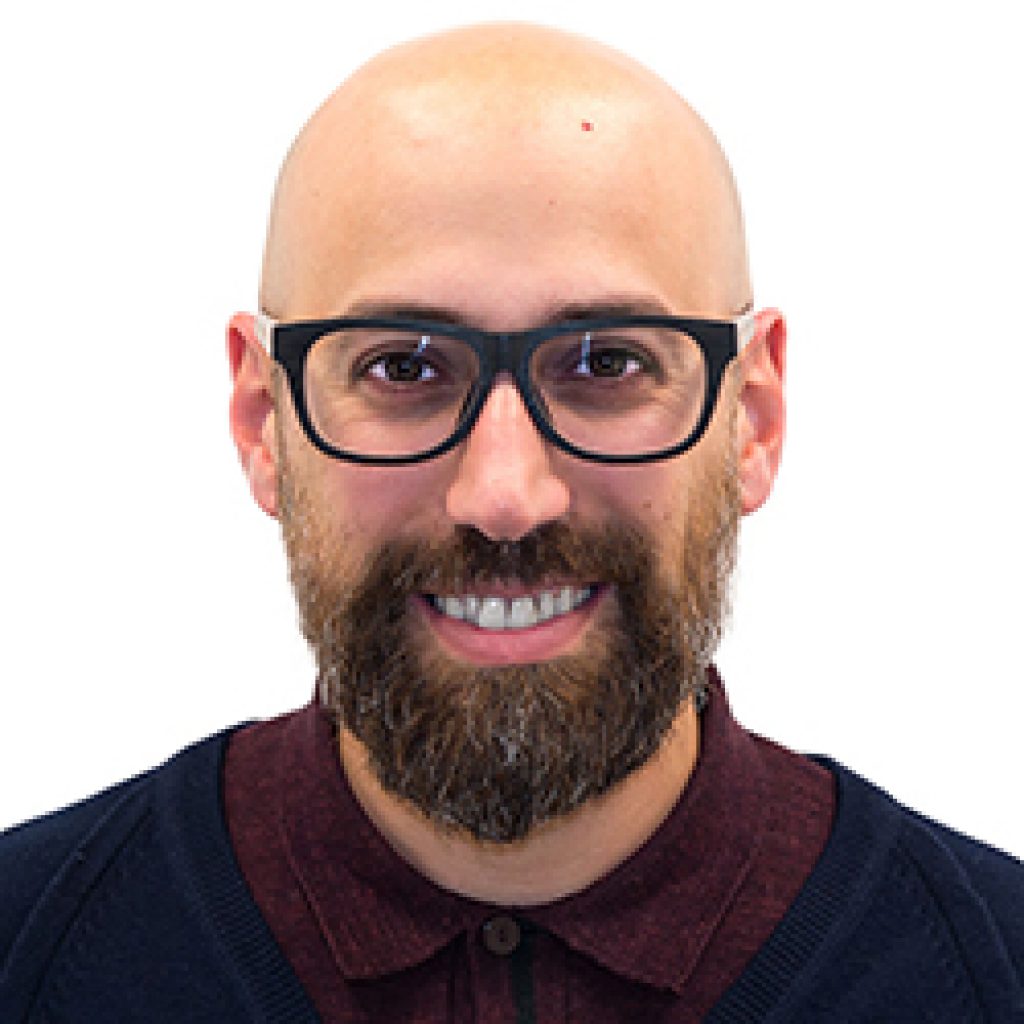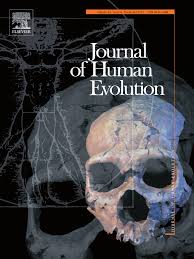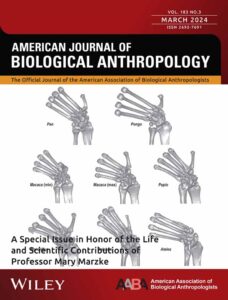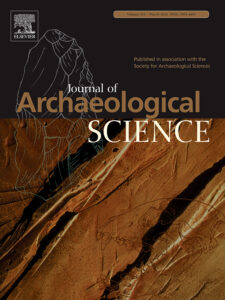With advances in computer software and imaging technology, Finite Element Analysis has reached a level of sophistication and accessibility that makes it a powerful tool in the testing of biomechanical hypotheses in studies of vertebrate form and function.
Dr. Luca Fiorenza and Dr. Justin Adams from the Centre of Human Anatomy Education is organising a workshop in the application of Virtual Reconstruction and Finite Element methods in human biology at Monash University on 20th and 21st October 2016.The workshop will focus on computer-based biomechanical modelling of teeth and bones, virtual reconstructions of fragmented fossil remains, and on simulated kinematic analyses of the masticatory system.
This event will be run by:
A/Prof. Stephen Wroe and Dr. Justin Ledogar from the University of New England, who are at the forefront in applying Finite Element methods for a better understanding of form and function in anthropology, zoology, palaeontology and biomedicine; A/Prof. Philip Clausen from the University of Newcastle who is a highly regarded mechanical engineer expert; Dr. Stefano Benazzi from the University of Bologna (and Associate Researcher at the Max Planck Institute for Evolutionary Anthropology) who is a world leader in palaeoanthropology, virtual reconstructions and dental biomechanics; Technical experts from Materialise and Strand7 will offer further assistance with two of the primary software will be used during this workshop.
The workshop in Virtual Reconstruction and Computational Biomechanics is suitable to undergraduate and postgraduate students, and to researchers who are interested in developing skills in assembling, reconstruct and analyse 3D mechanical models from CT data. No formal background in engineering is required. We will provide CT data for a wide range of taxa, including extinct human fossil species. Attendees are encouraged to bring their own CT data or nominate the species or taxa of interest to them so that we can help them generate and analyse their models. Because of the limited space available, you should reserve a place by completing the online registration form.





